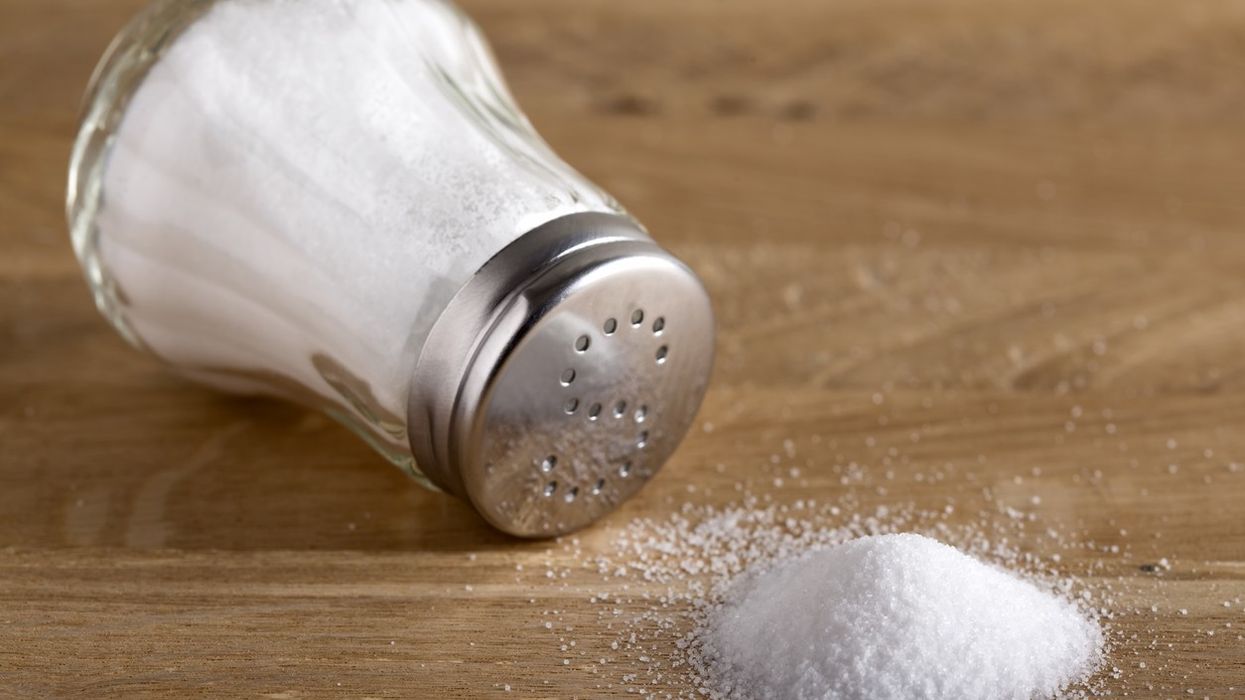HIGH levels of sodium, commonly consumed through salt, could increase the risk of eczema, an inflammatory condition of skin marked by dry and itchy patches, a new study has found.
Previous studies have found the sodium present in skin to be linked with autoimmune and chronic inflammatory conditions, including eczema.
They have also shown that consuming fast food, known to contain excessive dietary sodium, is associated with increasing chances of eczema, including its severity, among teenagers.
The new study found that eating even one extra gram of sodium than the daily recommendation could increase the chances of eczema flares by 22 per cent.
One gram of sodium is roughly the amount present in half a teaspoon of table salt or in a Big Mac, a hamburger sold by McDonald's, the international fast food chain.
While the World Health Organization recommends less than two grams of sodium intake in a day, according to the UK's National Health Service, the recommended sodium intake is 2.3 grams a day.
The study's researchers of the University of California San Francisco (UCSF), US, said the chronic skin condition has become more common in recent years, especially in industrialised countries, implying that environmental and lifestyle factors such as diet had a role to play.
Limiting sodium intake could, therefore, be an easy way for eczema patients to manage their disease, they said. The findings are published in The Journal of the American Medical Association (JAMA) Dermatology.
"Eczema flares can be difficult for patients to cope with, especially when they are unable to anticipate them and don't have recommendations on what they can do to avoid them," said the study's corresponding author Katrina Abuabara, an associate professor of dermatology at UCSF.
For the research, the team used data of more than 200,000 people aged 30-70 years old from the UK Biobank, including urine samples and electronic medical records.
The team analysed the urine samples to find out each participant's sodium intake. From the medical records, they could see if the participant was diagnosed with eczema, or atopic dermatitis, along with its severity.
The researchers found that consuming one gram of sodium more than that recommended raised the chances of developing the skin condition by 22 per cent.
Future research could look at restricting sodium in daily diet as an intervention for eczema, they added. (PTI)




